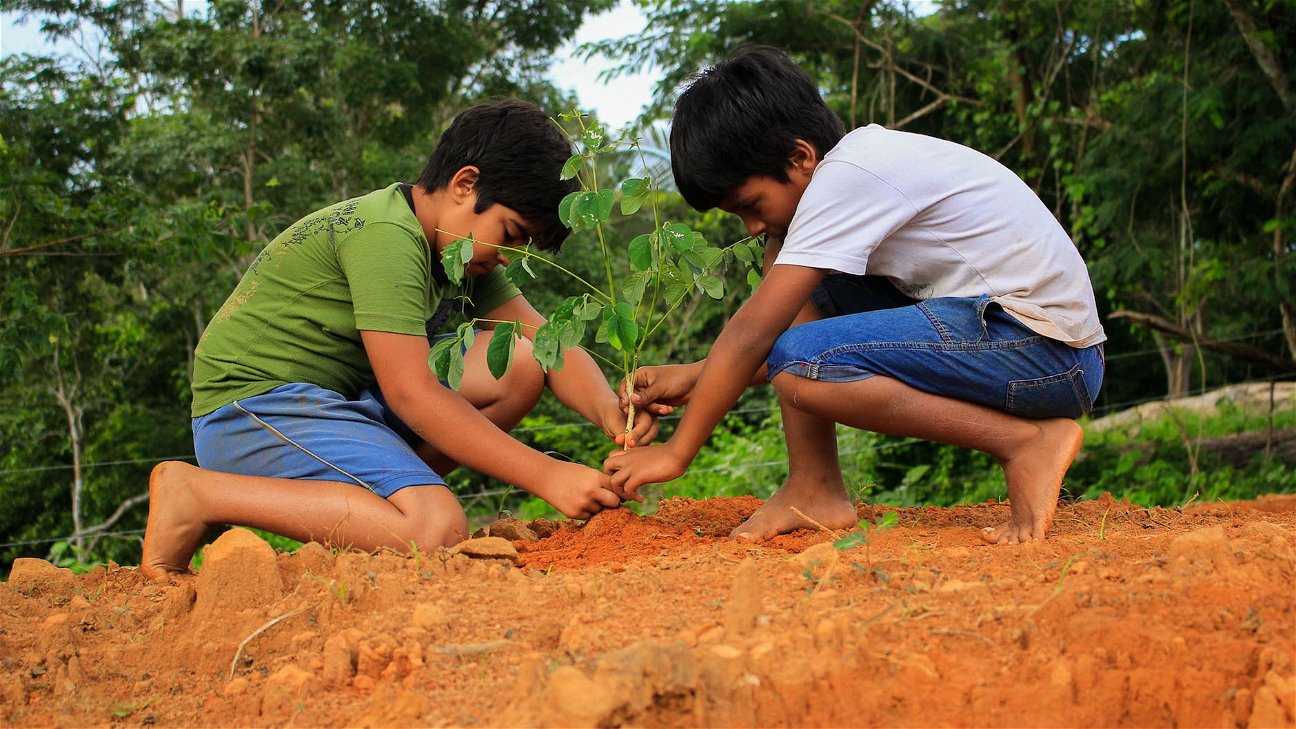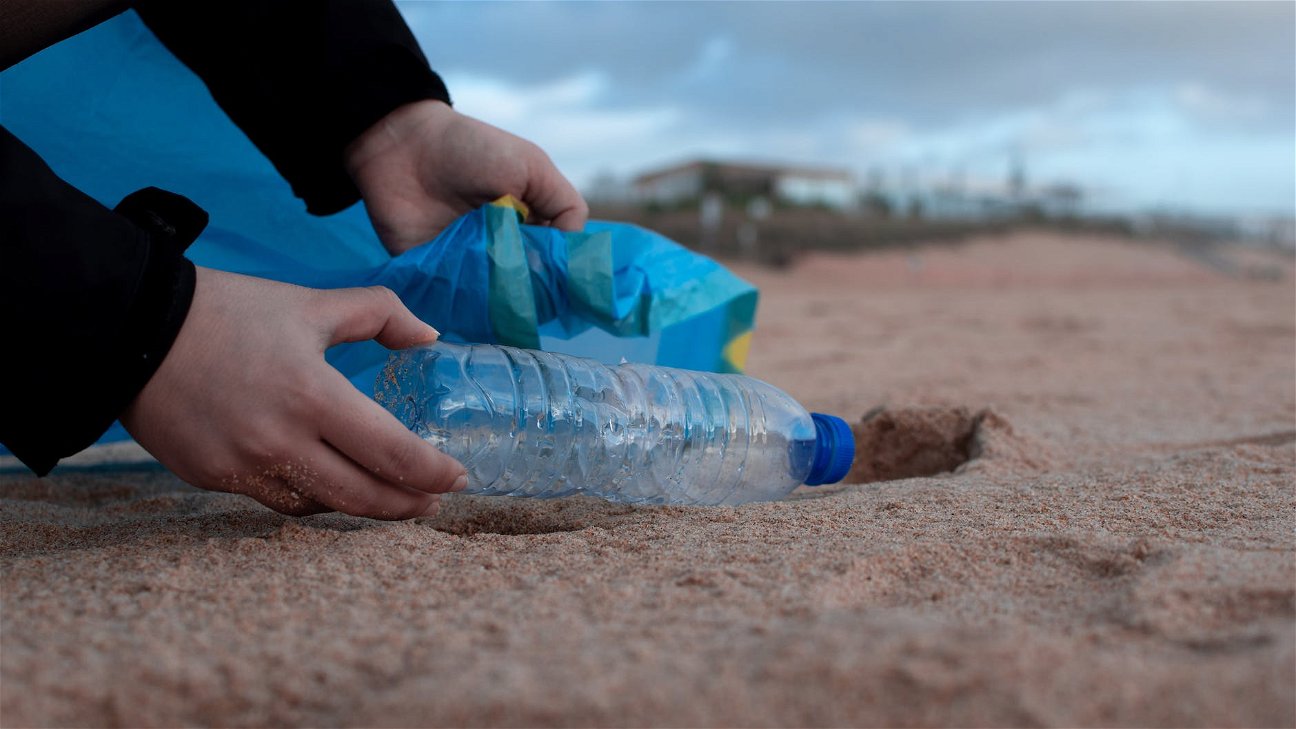
Looking to make your kitchen a waste-free zone? You're in the right place! This guide will walk you through four essential steps to achieve a zero-waste kitchen. It's a journey that not only helps you reduce your environmental footprint but also saves you money in the long run. So, let's get started!
Step 1: Assess your Waste
The journey towards a zero-waste kitchen starts with understanding the waste you currently produce. Take a week to note down the types of waste generated in your kitchen. This could be food scraps, packaging, plastic bags, or bottles. This assessment will not only show you how much waste you're producing, but also where it is coming from.
Step 2: Reduce and Reuse
Once you've done the assessment, the next step is to find ways to reduce and reuse. For instance, you can reduce food waste by planning meals and only buying what you need. When it comes to packaging, opt for items with less or recyclable packaging. You can also reuse items like glass jars or containers instead of throwing them away.
Here's a simple table to help you identify opportunities for reducing and reusing waste in your kitchen:
This table is just a starting point, and you can add to it as you identify more types of waste and potential solutions.
Step 3: Recycling and Composting
Recycling should be the last resort when you can't reduce or reuse. Be sure to check your local recycling policies to know what can be recycled. For food scraps, consider composting them. Composting not only reduces waste but also enriches your garden soil.
Step 4: Choose Sustainable Products
Finally, make a conscious choice to support sustainable products. This could mean opting for eco-friendly kitchen appliances or using products made from recycled materials. Additionally, choose products that are durable and long-lasting to avoid frequent replacements.
Achieving a zero-waste kitchen is not an overnight process. It requires a dedicated effort and a shift in mindset. However, the benefits for you and the environment are well worth the effort.










